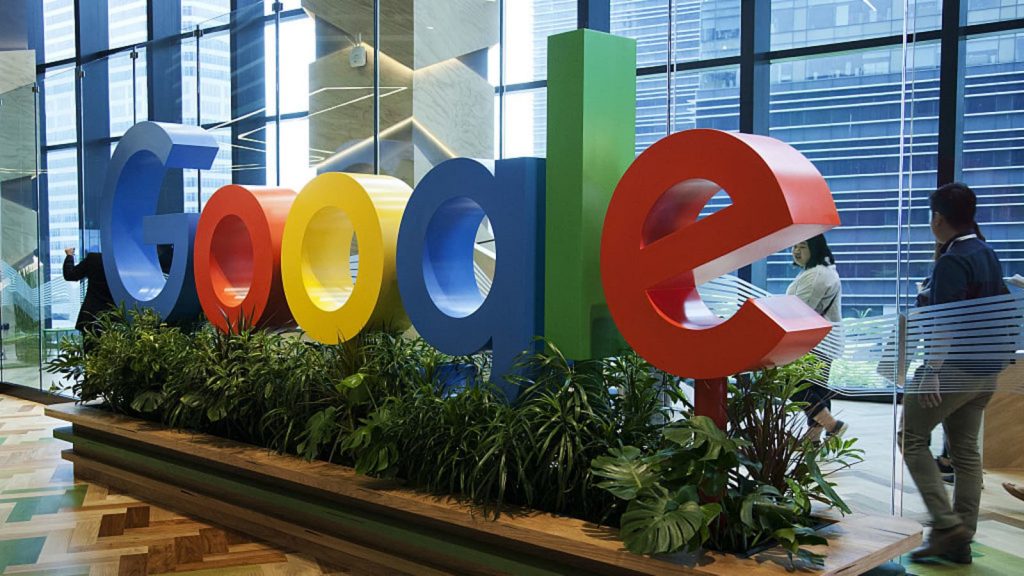In a groundbreaking effort to improve the lives of millions of people with impairments, a research project has been launched by Google in collaboration with local partners in India, Brazil, and Kenya. This two-year initiative aims to leverage the power of mobile technology and assistive applications to assist individuals with vision and hearing difficulties. By providing smartphones and digital assistive technologies to 500 people in each country, the project will not only enhance their quality of life but also pave the way for wider accessibility and inclusivity across the globe.
Mobile applications have the potential to revolutionize the lives of individuals with impairments. By adding color and contrast to digital text, these apps can aid those with vision difficulties in reading. Furthermore, they can convert speech into text, filter out background noise, and amplify sound for those with hearing challenges. By consolidating multiple assistive technologies onto a single device, individuals can gain access to an array of valuable tools.
Despite the existence of these assistive technologies, their usage rates remain relatively low. Recognizing this issue, Google’s Head of Accessibility and Disability Inclusion, Chris Patnoe, emphasizes the significance of this project in India, Brazil, and Kenya. He affirms that these countries already have innovators who have developed numerous assistive apps. The project aims to gather vital information to expand the reach of these tools to millions of people, not just in the initial three countries but beyond.
Led by UCL’s Global Disability Innovation Hub (GDI Hub) and supported by local partners, the research project will distribute mobile devices equipped with digital assistive technology to 500 individuals in each country. The project will then analyze the impact of these apps, collectively known as digital assistive technology (AT), on their users’ quality of life. The findings from the project, funded by UK Aid’s AT2030 program, Google, and ATscale, will inform policies and shape markets to increase access to assistive technologies for more individuals worldwide.
According to research by ATscale, while 76 percent of people in high-income countries own a mobile phone, this number drops to 45 percent in low- and middle-income countries. Ownership rates among persons with disabilities are significantly lower. The research project aims to bridge this disparity by identifying barriers and addressing market failures, ultimately enabling persons with disabilities to benefit from mobile technology.
Pascal Bijleveld, CEO of ATscale, emphasizes the project’s focus on empowering individuals with disabilities. By providing access to mobile phones and training in using these technologies, the project aims to enhance their quality of life, productivity, and dignity. Mobile ownership and digital skills are transformative, enabling individuals to access services, education, employment, and social activities more easily.
The potential impact of this project is enormous. Beyond the immediate benefits for individuals in India, Brazil, and Kenya, the research findings will shape policies, influence government initiatives, and demonstrate the value of assistive technologies to potential users. By leveraging the collaboration between Google, local partners, and the academic expertise of the GDI Hub, this project can lay the foundation for a more inclusive and accessible world.



